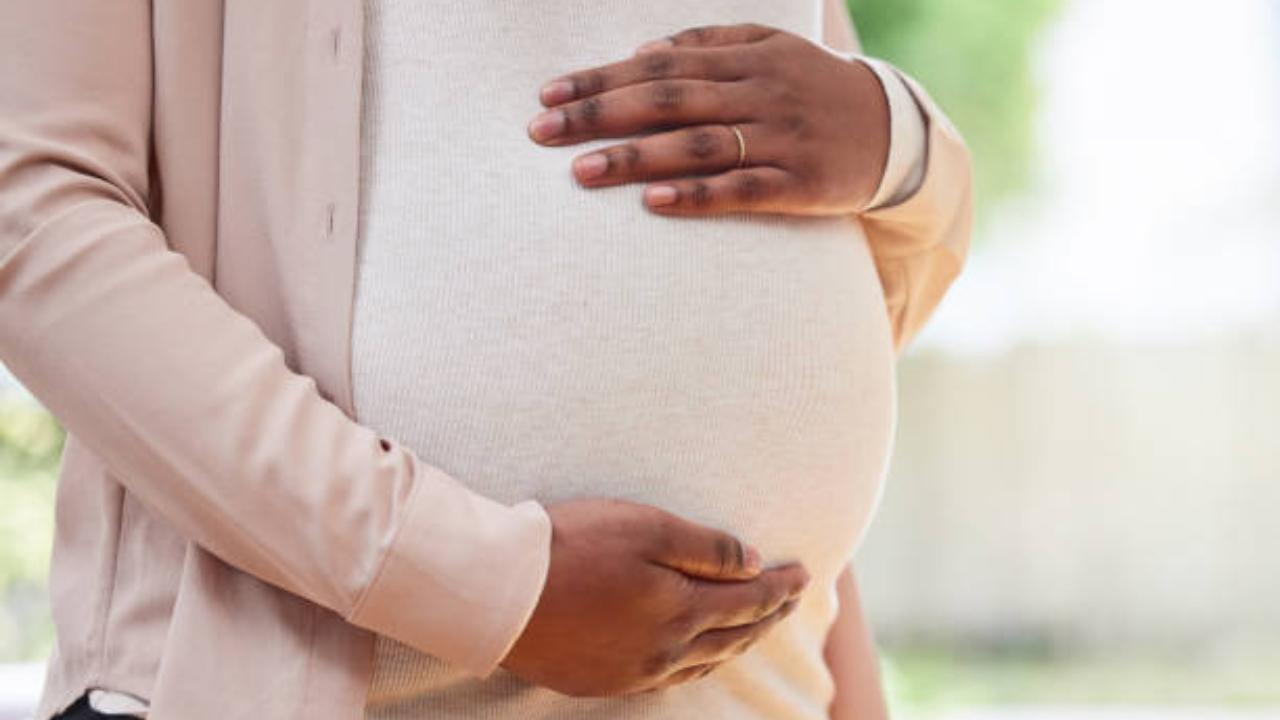Scientists have linked symptoms of depression during pregnancy to a specific brain activity, and hope to develop test for “baby blues” risk

Image for representational purposes only (Photo Courtesy: iStock)
Scientists have linked symptoms of depression during pregnancy to a specific brain activity, and hope to develop test for “baby blues” risk.
ADVERTISEMENT
Around 80 per cent of women suffer from “baby blues” after the birth of their child.
Normally, this is a brief period of feeling down which disappears in a few days. But around one woman in seven develops postpartum depression, a more serious depression which can affect how mothers bond with their baby and can have long-term consequences.
These women seem unable to regulate the negative emotions which can follow giving birth.
A group of European researchers have found that in healthy pregnant women, activity in a specific area deep in the brain is linked to regulation of negative emotions and the tendency towards symptoms of depression.
The researchers hope that testing for this activity, along with how emotions are regulated, will indicate which women are at risk for postpartum depression.
“This is among the first trials to compare brain activity in pregnant and non-pregnant women. The ability to regulate emotions is essential for mental health, and this interplay was our starting point,” said Franziska Weinmar, University of Tubingen, Germany.
For the study, the researchers took 15 healthy pregnant women with very high oestrogen levels (due to the pregnancy).
Each woman was put in an MRI scanner and shown upsetting/disturbing pictures. The team found that in the MRI scans, pregnant women who showed more activity in the amygdala while regulating their emotions were less successful in controlling emotions.
In addition, pregnant women with this greater activity in the amygdala reported more symptoms of depression.
“If larger studies confirm higher activity in the amygdala in women at risk of postpartum depression, we could assess and specifically target these women during this vulnerable phase,” said Weinmar.
Dr Susana Carmona from Gregorio Maranon Hospital, Madrid, said we still have a long way to go in characterising what happens in the brain during pregnancy, identifying biomarkers that can indicate the risk of developing perinatal mental disorders, and designing strategies to prevent mother and infant suffering during the delicate and critical peripartum period”.
Also Read: World Alzheimer's Day: Can hustle culture lead to Alzheimer's? Experts answer
This story has been sourced from a third party syndicated feed, agencies. Mid-day accepts no responsibility or liability for its dependability, trustworthiness, reliability and data of the text. Mid-day management/mid-day.com reserves the sole right to alter, delete or remove (without notice) the content in its absolute discretion for any reason whatsoever
 Subscribe today by clicking the link and stay updated with the latest news!" Click here!
Subscribe today by clicking the link and stay updated with the latest news!" Click here!







